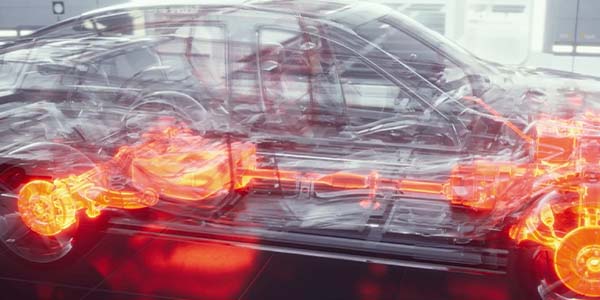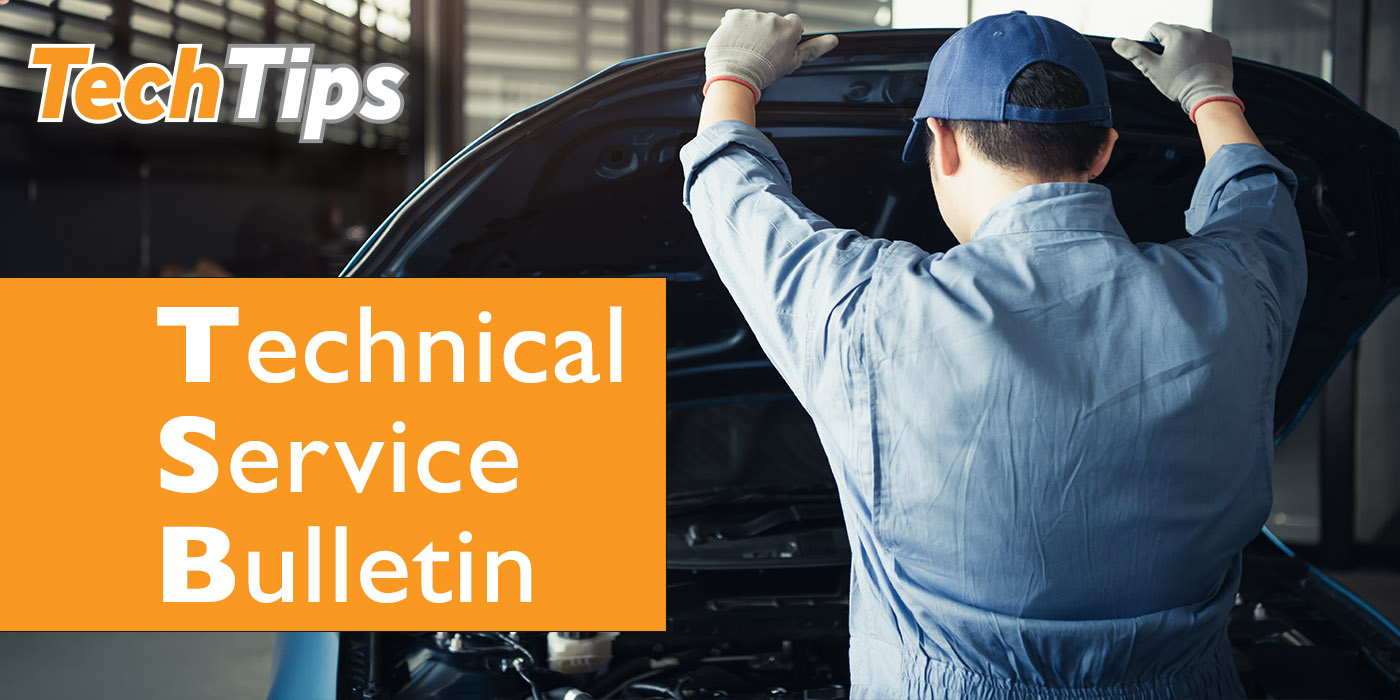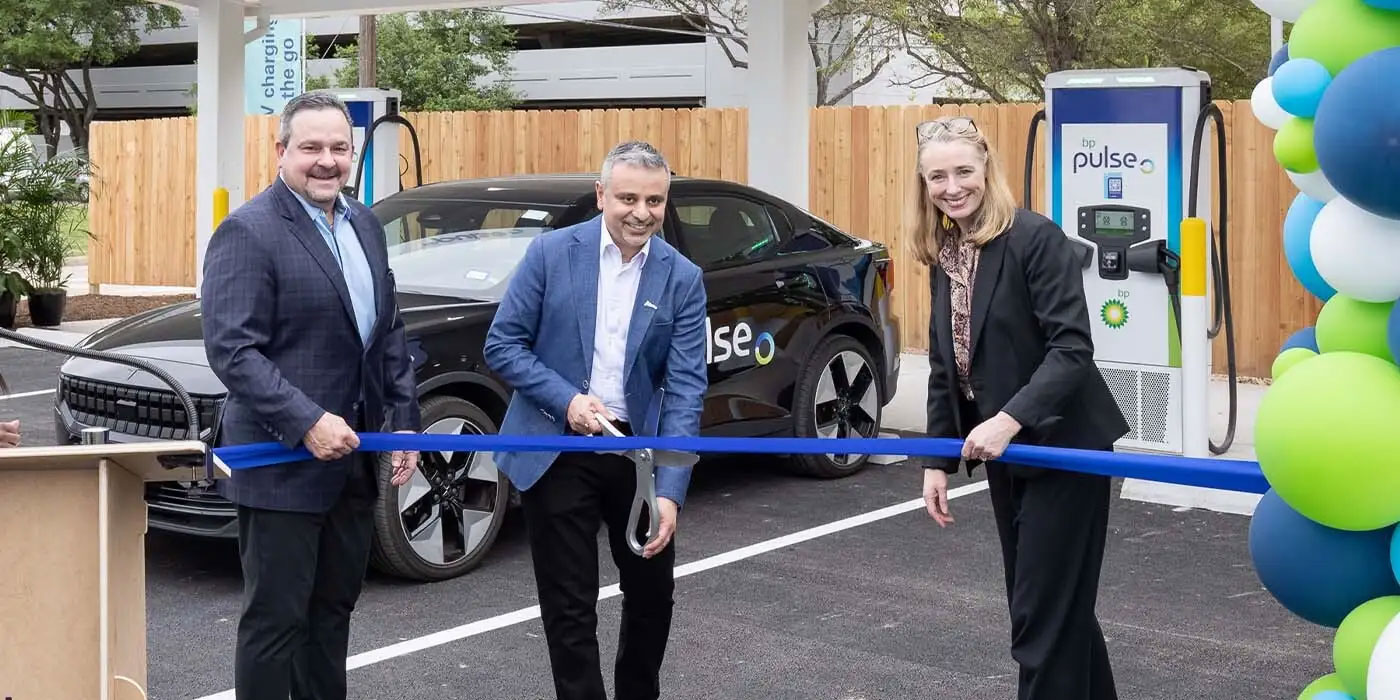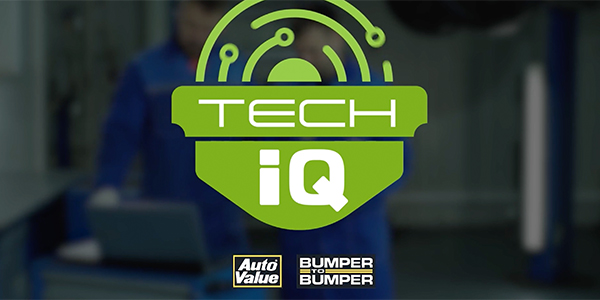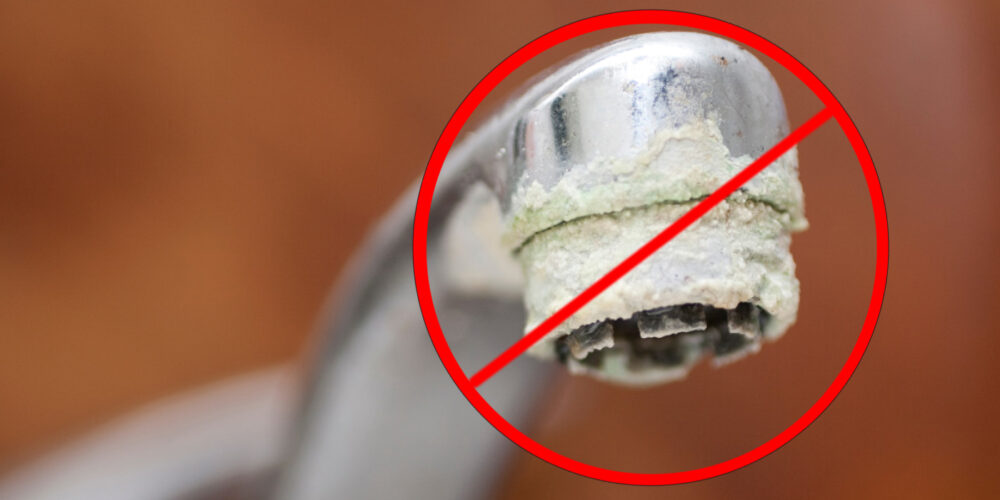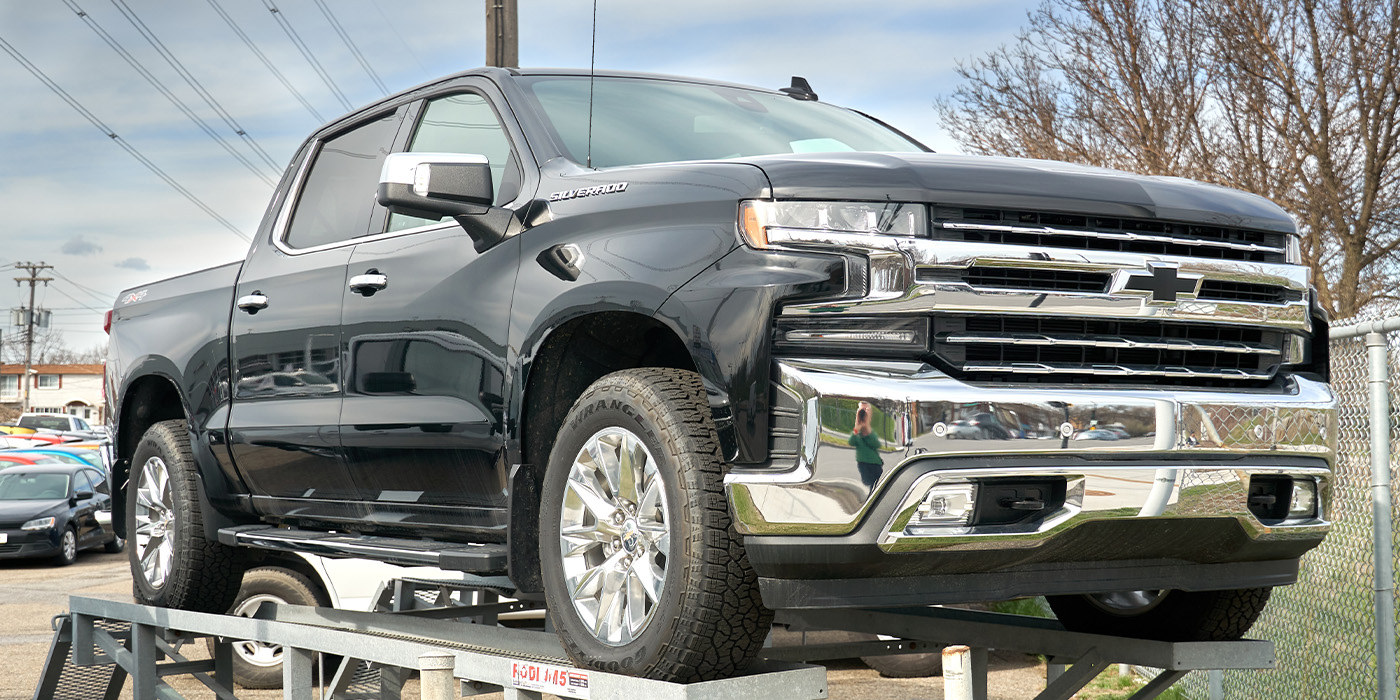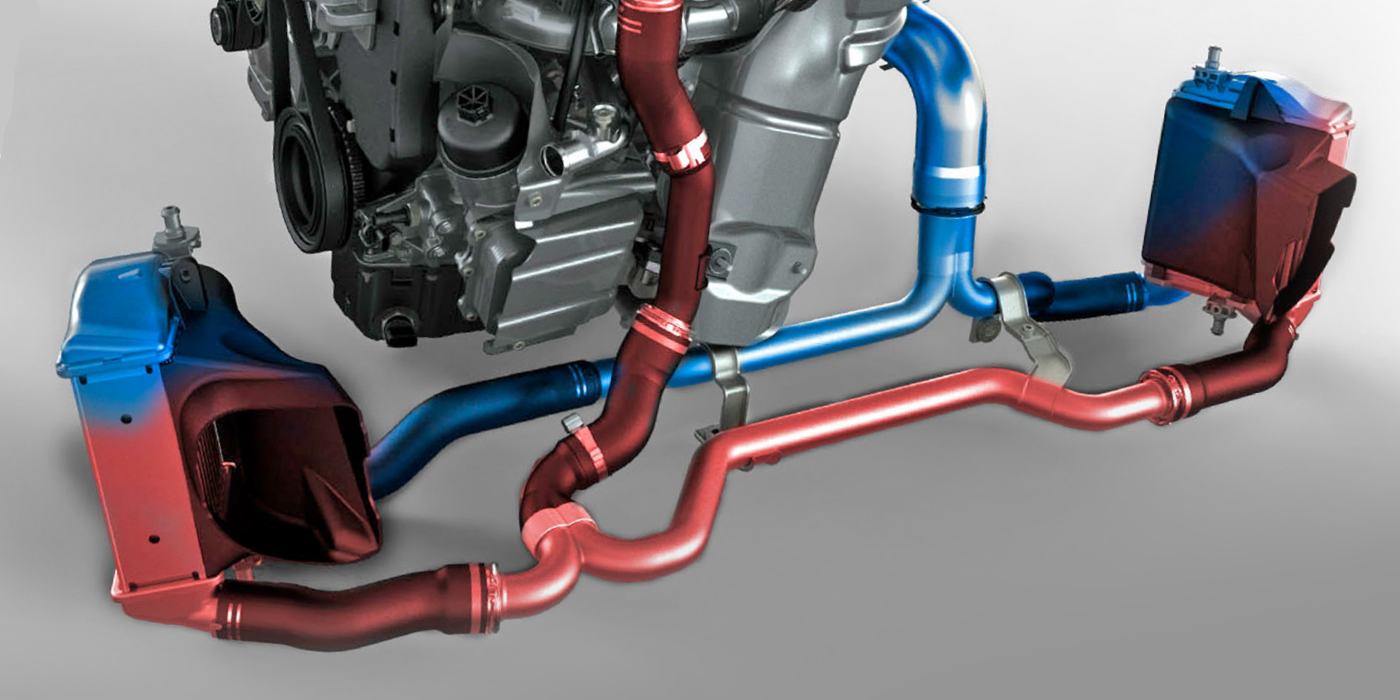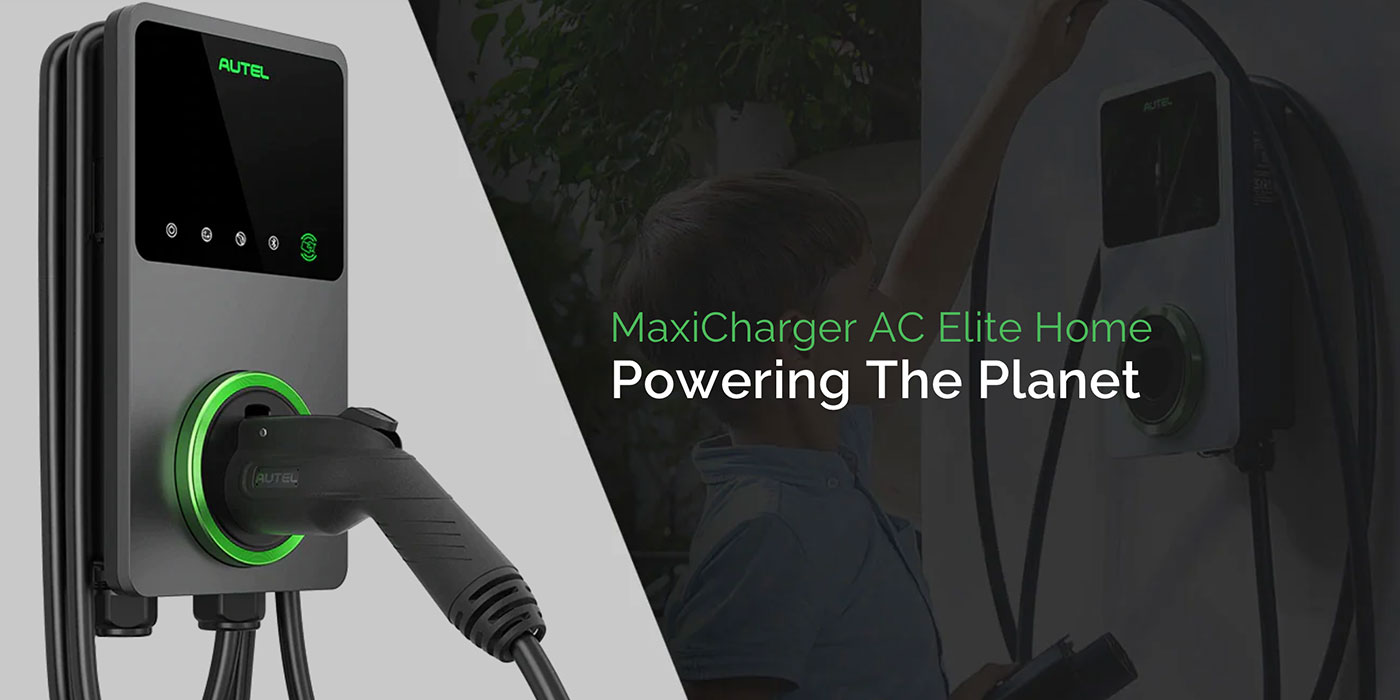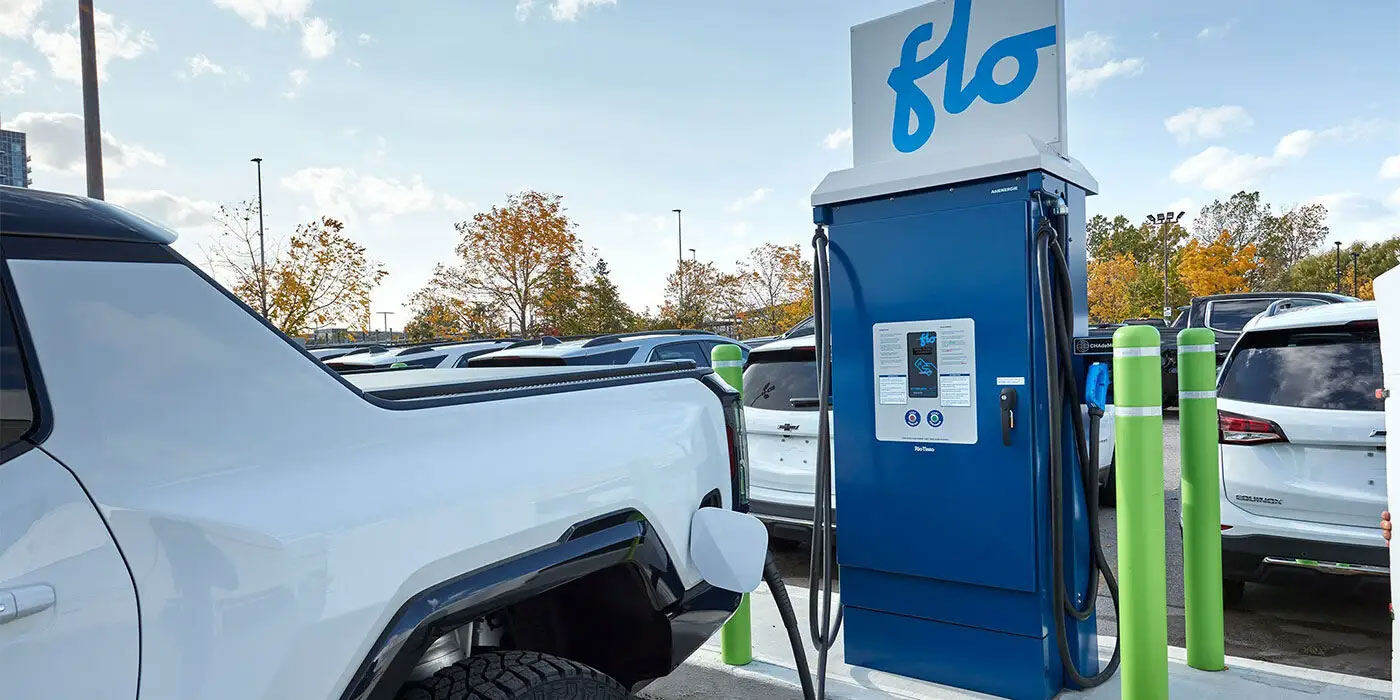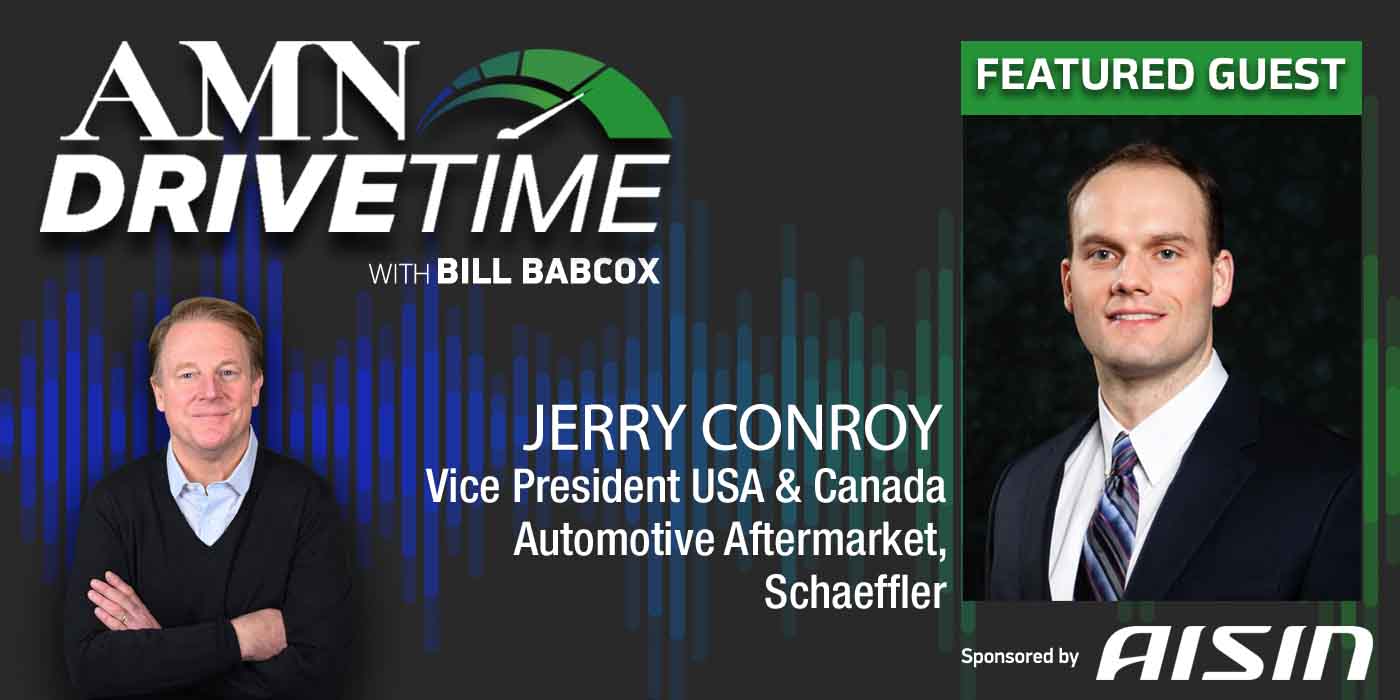Applications
Ford: 1990-1994 Tempo, 1990-1997 Escort, Probe, Thunderbird, 1990-1998 Mustang, 1990-1999 Taurus, 1990-2002 Crown Victoria, 1997-1999 Contour, 2001 Taurus, 1990 Bronco II, 1990-1996 Bronco, 1990-1997 Aerostar, F Super Duty, F-250 HD, F-350, 1990-1999 F-250 Ltd, 1990-2002 Econoline, F-150, Ranger 1991-2002 Explorer, 1995-2002 Windstar, 1997-2003 Expedition, 1999-2002 Super Duty F Series, 2000-2002 Excursion, Explorer Sport Trac, Explorer Sport, 2001-2002 Escape.
Lincoln: 1990-1992 Mark VII, 1990-1994 Continental, 1990-2002 Town Car, 1998-2003 Navigator, 2002 Blackwood.
Mercury: 1990-1994 Topaz, 1990-1997 Cougar, 1990-1999 Sable, 1990-2002 Grand Marquis, 1991-1997 Tracer, 1997-1999 Mystique, 2001 Sable, 1993-2002 Villager, 1997-2002 Mountaineer.
Problem
After replacing the alternator, a hum, whine or buzzing noise is heard through the speakers of the vehicle radio or two-way radio when the fuel pump runs.
Cause
The in-tank electric fuel pump may be the cause of the electrical noise. In August of 2002, Ford Motor issued TSB 02-16-4 addressing this issue.
Solution
The following procedure will help determine if the fuel pump is the cause of the radio noise (refer to TSB 02-16-4 for complete details):
1. Turn the ignition key to the "Accessory" position (not Start).
2. Turn on your radio.
3. Now turn the ignition key to the "Run" position (do not start the engine).
4. Let the fuel pump run about one second with the key in the "Run" position (engine off).
5. Listen for noise in the radio. If noise is present while the pump is running and stops when the pump stops, then the fuel pump is generating the noise.
Note: If the radio noise is fairly constant, or varies with the vehicle speed, this fix does not apply.
Notes
TSB 02-16-4: Installation of the electronic noise Radio Frequency Interference (RFI) Filter (F1PZ-18B925-A) on the fuel pump inside the fuel tank requires a bundling strap (95873-S101) and heat-shrink tubing (F5AZ-14A099-AA). This is repair should be done by a service professional.
Warning: If your vehicle has an electronic return-less fuel system, do not install a RFI filter inline on the fuel pump. Only vehicles with mechanical return-less fuel systems (pressure regulator in the tank), or systems with the pressure regulator on the fuel rail should be approved for the RFI filter installation. Some light trucks require one (1) RFI filter for each in-tank electric fuel pump on multi-tank vehicles. This instruction does not include 1999 Taurus or Ranger flexible fuel vehicles.
Note: This bulletin is supplied as technical information only and is not an authorization for repair.
Tech Tip courtesy of CARDONE.
For additional information on products offered by CARDONE, visit www.cardone.com.

